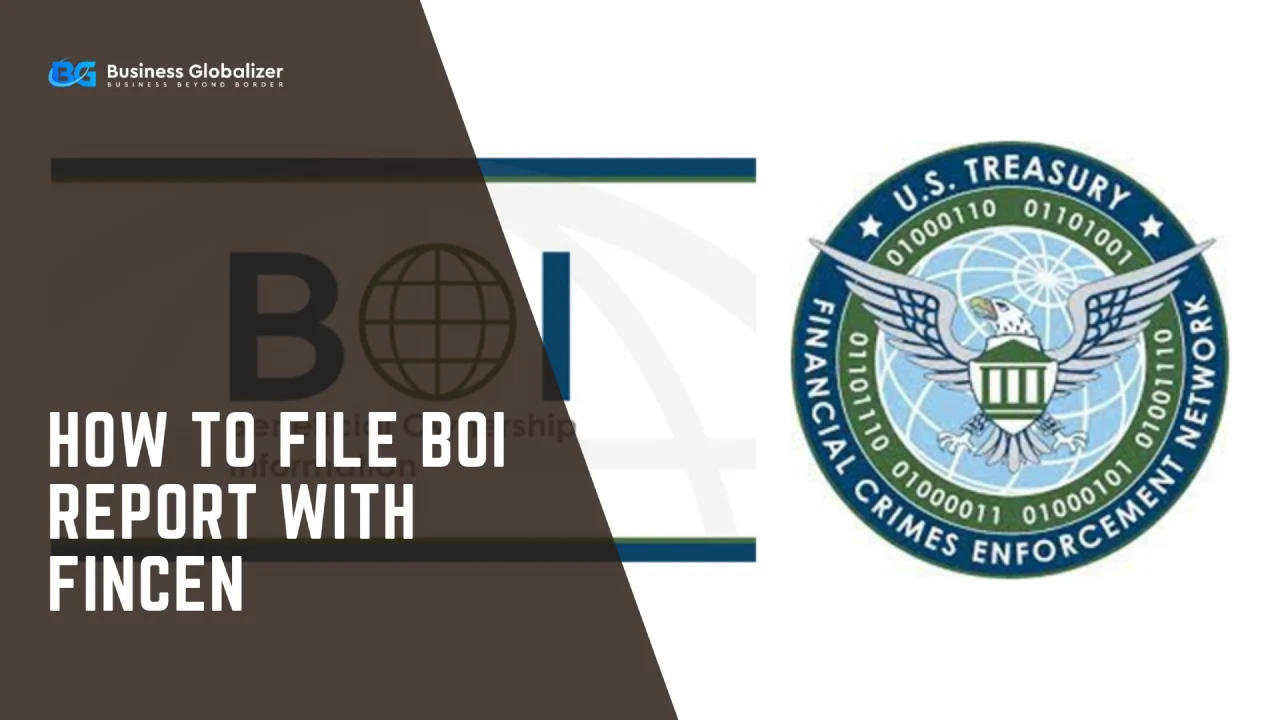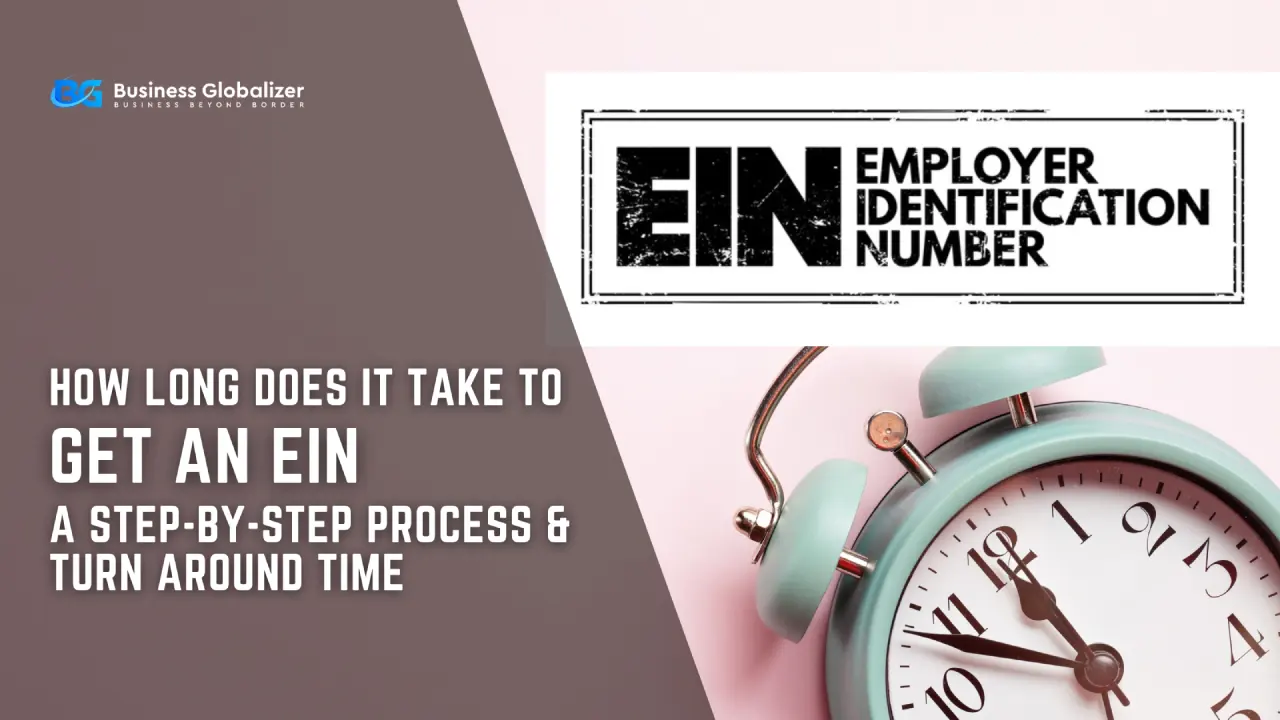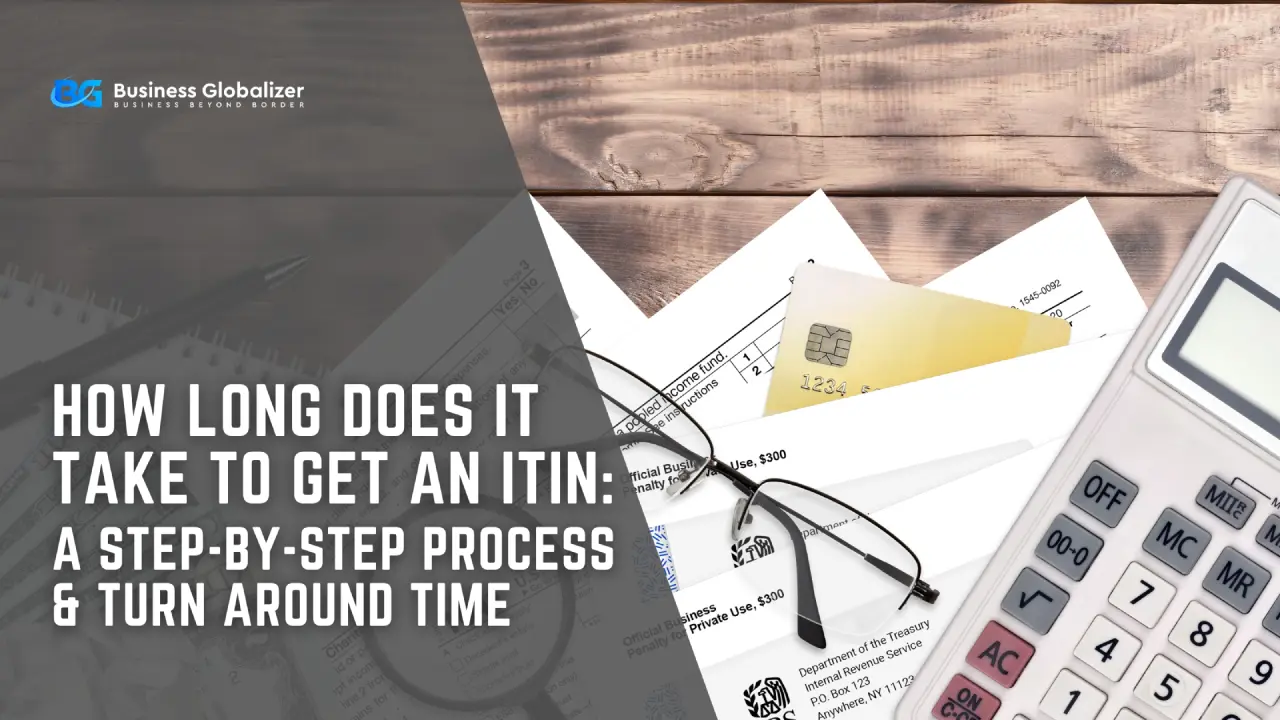Are you worried about Beneficial Ownership Information (BOI) reporting? Understanding and fulfilling BOI reporting requirements can be a daunting task for many businesses and financial institutions.
In this guide, we’ll break down the process of FinCEN Boi Reporting into clear and manageable steps. By the end, you’ll have the knowledge and confidence to ensure your reporting obligations are met effectively.
So, stay informed and learn “How to File BOI Report” promptly.
What Is BOI Reporting?
BOI reporting stands for Beneficial Ownership Information reporting. It’s a vital aspect of financial regulation aimed at combating money laundering, terrorist financing, and other illicit activities.
Essentially, BOI reporting requires businesses and financial institutions to disclose information about the individuals or entities that ultimately own or control them. This helps authorities identify and track suspicious financial activities more effectively.
Let’s explore who needs to file BOI reports and why it matters.
Who Needs to File BOI Report?
To ensure transparency and regulatory compliance, any covered legal entity formed or registered in the United States is required to file a Beneficial Ownership Information (BOI) report with FinCEN. These entities, known as reporting companies, encompass two main types:
Domestic Reporting Companies:
This category includes corporations, limited liability companies (LLCs), and other entities established by filing documents with a secretary of state or similar office within the United States. All 50 states, the District of Columbia, and US territories like Guam and Puerto Rico are included in its territory.
Foreign Reporting Companies:
These are corporations, limited liability companies, or other legal organizations that were incorporated under the laws of a different country.
However, they have filed with the secretary of state or a similar office to conduct business in any U.S. state or territory.
Who Is Exempt From BOI Reporting?
While many entities are required to file Beneficial Ownership Information (BOI) reports with FinCEN, certain types of organizations are exempt from this obligation. These exemptions apply to a variety of entities, including:
- Securities reporting issuer
- Governmental authority
- Bank
- Credit union
- Depository institution holding company
- An investment company or investment adviser
- Venture capital fund adviser
- Insurance company
- State-licensed insurance producer
- Commodity Exchange Act registered entity
- Accounting firm
- Money services business
- Broker or dealer in securities
- Securities exchange or clearing agency
- Other Exchange Act registered entity
- Public utility
- Financial market utility
- Pooled investment vehicle
- Tax-exempt entity
- Entity assisting a tax-exempt entity
- Large operating company
- Subsidiary of certain exempt entities
- Inactive entity
Understanding these exemptions is important for determining whether a particular entity is required to file a BOI report or is exempt from this requirement.
Eligibility to File a BOI Report
Once you detect whether your entity is required to file a BOI report or not, it’s time to identify the beneficial owners.
Identifying beneficial owners is fundamental for Beneficial Ownership Information (BOI) reporting. These individuals are defined by specific criteria established by FinCEN.
Generally, a beneficial owner falls into one of two categories:
- Substantial Control: Individuals who directly or indirectly exercise substantial control over a reporting company are considered beneficial owners. This includes making key decisions, influencing operations, or holding significant authority within the organization.
- Ownership or Control of 25% or More: Alternatively, an individual qualifies as a beneficial owner if they possess or control at least 25 percent of the ownership interests in the reporting company. This level of ownership signifies substantial financial investment and influence in the company’s affairs.
However, it’s crucial to note that beneficial owners must be natural persons; trusts, corporations, or other legal entities are not considered beneficial owners. In specific circumstances, information about an entity may be reported instead of information about a beneficial owner.
Required Information to Fill out FinCEN BOI Reporting Form
To accurately complete the FinCEN BOI reporting form, a reporting company must provide various pieces of information about itself, its beneficial owners, and its company applicants.
The required information varies depending on when the reporting company was created or registered:
For companies created or registered on or after January 1, 2024, information is required about the reporting company itself, its beneficial owners, and its company applicants.
For companies created or registered before January 1, 2024, information is required only about the reporting company itself and its beneficial owners.
Now, let’s break down the specific information that a reporting company must provide:
About the Reporting Company:
- Legal name.
- Trade names, “doing business as (DBA),” or “trading as (t/a)” names.
- Current street address of the principal place of business.
- Jurisdiction of formation or registration.
- Taxpayer Identification Number (TIN) or foreign tax identification number.
- Filing status: initial report, correction, or update.
About Beneficial Owners:
- Name.
- Date of birth.
- Residential address.
- Identifying numbers from an acceptable identification document.
- Image of the identification document used.
Understanding these requirements is crucial for accurately completing FinCEN BOI reporting forms and ensuring compliance with regulatory obligations.
How to File a FinCEN BOI Report?
Once you have gathered all the necessary information about your reporting company, its beneficial owners, and, if applicable, its company applicants, you are ready to file the FinCEN BOI report. Here’s a step-by-step guide:
Step 1: Complete BOI Application Form
Fill out the BOI reporting form accurately, providing all necessary information for each individual, along with images of their identification documents.
Step 2: Review and Verify
Double-check all information for accuracy and completeness to avoid errors in reporting.
Step 3: Submit to FinCEN:
File the completed BOI report with FinCEN by the specified deadline, ensuring compliance with regulatory requirements.
Finally, keep records of filed BOI reports and supporting documents for future reference and potential audits.
Consequences and Penalties for Violating BOI Reporting Requirements
Meeting BOI reporting deadlines is crucial to avoid penalties. Businesses formed or registered on or after January 1, 2024, have 90 calendar days from notice of creation to file. Existing businesses have until January 1, 2025, for initial reports. For companies created or registered after January 1, 2025, the deadline is 30 calendar days post-notice.
Non-compliance incurs civil and criminal penalties. Civil penalties can reach $591 per day, with potential adjustments for inflation. Deliberate violations may lead to criminal charges, including imprisonment for up to two years and fines of up to $10,000.
Beyond financial strain, penalties bring legal trouble, reputational damage, operational disruptions, and future scrutiny. Compliance ensures regulatory adherence and protects your business’s integrity and viability.
Learn more about BOI Penalty here.
FAQs
Q1: When is the deadline for filing a BOI report?
Answer: For businesses created or registered on or after January 1, 2024, it’s within 90 calendar days of notice; for those existing before January 1, 2024, it’s by January 1, 2025.
Q2: What happens if I miss the BOI filing deadline?
Answer: Missing the deadline can result in civil penalties, including daily fines, and potential criminal charges for deliberate violations.
Q2: Who needs to file a BOI report?
Answer: Any covered legal entity formed or registered in the United States, known as a reporting company, must file a BOI report with FinCEN.
Q3: What information do I need to provide in a BOI report?
Answer: You’ll need to provide details about your company, its beneficial owners, and, if applicable, its company applicants, including names, addresses, and identification numbers.
Q4: How do I file a BOI report with FinCEN?
Answer: You can file through FinCEN’s BSA E-Filing System, providing all required information accurately and timely to avoid penalties or hire Business Globalizer to ease your headache.
Conclusion
Filing a BOI report accurately and on time is crucial for regulatory compliance. Understanding deadlines, required information, and potential penalties is essential. By adhering to BOI reporting requirements, businesses uphold financial integrity and avoid legal repercussions, ensuring transparency and trust within the financial system.






